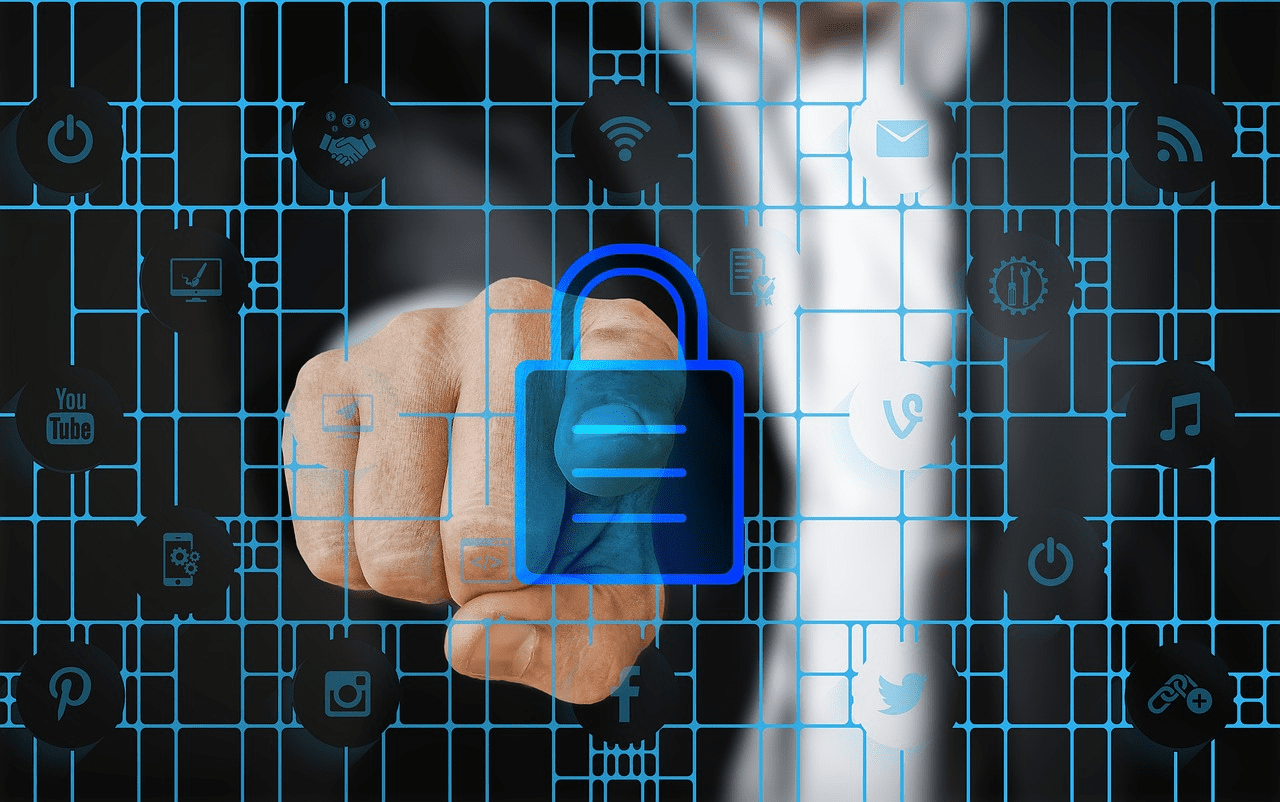
Smart mobile technologies are already being used for operating heating, lighting, audio, and video, as well as home appliances. These future-forward technologies are increasing convenience and improving energy efficiency. And security management is headed in the same direction.
Physical security can be inconvenient if someone must grant access and you need to wait to get where you need to go. Fortunately, cloud-based security systems, aside from allowing for remote management, have allowed more mobile applications to be integrated into security procedures. Thanks to mobile devices, management can:
- Lock or unlock entrances remotely
- View security video and data remotely
- Receive security alerts in real time
This also translates into saving time, increasing convenience, increasing productivity, and allowing for a rapid response and intervention to any security issues that appear.
Mobile Technology Applied to Security Needs
Mobile technology is making incredible headway in the management of physical security needs. Here we’ll look at how mobile technology is providing solutions for important security challenges.
Access Control
Manning entrances and exits requires manpower and uses up time that could be employed elsewhere more profitably. Mobile access control aids traffic flow helping to prevent queues. New systems allow users to just wave a hand in front of a sensor, and Bluetooth does the rest by evaluating credentials and speeding entry.
Visitors can be sent credentials on mobile devices for entry before arriving for their appointment. Identity verification is facilitated with mobile technologies, and this mitigates access control risks.
Security Alerts in Real Time
Immediate response to a security issue can sometimes mean the difference between serious injuries and even fatalities. Security alerts concerning fire, smoke, broken glass, and gunshots, can be the key to saving lives.
These alerts can also be sent to law enforcement and emergency services simultaneously and when necessary, trigger lockdown safety procedures.
Remote Management
Operating systems remotely from a mobile device can improve security strategies and procedures. If an employee or law enforcement member needs to enter the premises, your presence is no longer necessary on site. An unlocked door can be locked remotely.
Many of these situations would have required you to personally go to your business to resolve a problem.
View Security Video and Data Remotely
A problem with access control is when credentials fall into the wrong hands. This kind of vulnerability can be resolved using video identification. Access control can be integrated with video capabilities that can be viewed on a mobile device. This capability can also be used as part of multi-factor authentication.
A single interface with all the necessary data will save time and facilitate operations freeing up security and administrative personnel for other tasks but alerting them if their intervention is required.
Space Management
The pandemic taught us that overcrowding can present health risks. Mobile systems can be integrated with software for traffic management. This process will alert management if there are too many people in any one location, and access can be limited to prevent overcrowding.
Health Safety
Mobile technology can maintain and transmit any necessary attestations for safely entering premises.
The Benefits of Mobile Devices in Security Management
A security strategy that includes mobile technology brings substantial benefits for managing both physical and cybersecurity. Here are some of the most advantageous for your business.
Easy to Use
If you use a cloud-based system for your business’s security, mobile technology is easily integrated. This means you won’t be spending a lot of money on installation.
Efficient
Senior management may not be present in an emergency. Mobile technology affords management quick communications, rapid evacuation, and remote lockdown procedures if necessary.
Increase Security
The integration of video feed and access control on an interface that is mobile-friendly makes identity verification fast and easy and ensures that only authorized people can enter.
Remote Management
If you need to manage from a distance, including security, mobile technology permits you to do so without visiting the property. This can be an incredible advantage if you work out of town or from a distance.
Save Money
Fobs or key cards take time and money. When employees resign or are let go, someone must collect their access cards. Lost or stolen cards will need to be replaced. New cards will need to be issued. With mobile technology, employees use their phones and credentials can be revoked with a click.
Are There Any Disadvantages to a Mobile Security Strategy?
There are always downsides to any choice, but often they do not outweigh the advantages. Mobile security strategies have a couple of vulnerabilities: the most obvious is if mobile devices are lost or stolen. Mobile devices will need MFA or very strong passwords in case they fall into the hands of the wrong people.
Cybersecurity is always a problem when using advanced technology. It’s important that third parties are not able to gain access to your system and launch a cyber-attack or create security breaches. The integration of cybersecurity software becomes crucial when using mobile technology.
All Things Considered
Physical security can be vastly improved with the use of mobile technologies and can no longer be regarded as separate from cybersecurity. Cybersecurity that uses mobile security technologies will enhance your company’s ability to meet security challenges and mitigate risks. You’ll be able to manage your security system from anywhere thanks to smart locks, identity verification, and video feed from anywhere at any time. It’s contactless, it’s convenient, and it’s versatile.